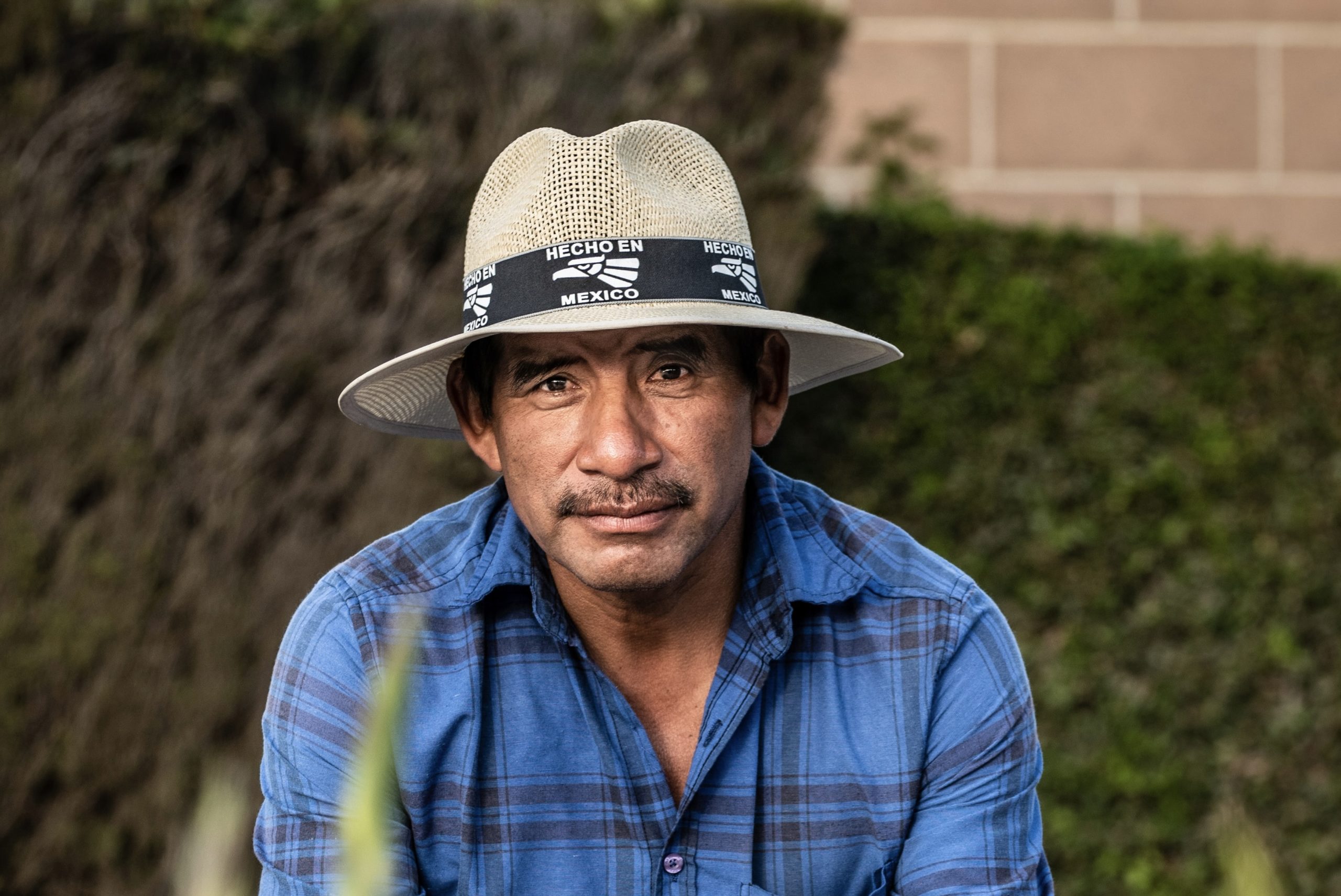Is there anything good about intersectionality?
To some progressive Americans, this question is ignorant and hateful. To some conservatives, it is provocative, insufferable, and just plain stupid.
When Drs. David and Elizabeth Corey posed this question to the Summer Honors Program, they were not being hostile. Rather, they genuinely wanted to evaluate this relatively new idea – especially considering its newfound importance in our nation’s vocabulary of justice.
Yet even as they posed this basic question, I wanted to ask another: Is there anything good about intersectionality for Christians? There has been no shortage of commentary on the issue from within the church, but there is very little consensus. For some, intersectionality is the solution for all divisions in the modern church; for others, it is the root cause.
How, then, should a faithful Christian approach the claims made by intersectional thinkers? Prevailing commentary provides two possibilities, both founded on the idea of sin: a systematic approach, and an individual approach.
On the one hand, some progressive schools of Christian thought are radically taken with intersectionality. As the American church grapples with its legacy on race, gender, class, and sexuality, they believe that intersectionality can restructure the church as diverse yet inclusive.
Grace Ji-Sun Kim and Susan M. Shaw emphasize this idea in their book, Intersectional Theology. They suggest two tangible benefits that intersectionality provides for the modern church: it corrects the dominance of theology by historical oppressors, and it challenges the monolithic nature of their view of Christianity.
They summarize their argument as follows: “For too long, theology has been done by white heterosexual Western men who have treated theology as something pure, pristine, and nonsyncretistic. … Engaging in a new theology that will be liberative for all people and especially for the oppressed and the marginalized is critical.”
Thus, intersectionality should be absorbed by the church because it “embraces the theological multiplicity and indeterminacy that arises from diverse identities and social locations.” For Kim and Shaw, intersectional theology is the proper Christian response to historical sins and the fact of pluralism.
On the other hand, conservative Christians have been wary to use intersectionality because of its potential for disunity. For example, Gospel Coalition editor Joe Carter wrote that intersectionality has often “been used as a tool for building division not only between the ‘oppressors’ (i.e., white males) and the oppressed (i.e., almost everyone else), but separation between groups deemed to be victims.” Because intersectional thinking can create a hierarchy of oppression, some groups splinter as more dissimilarities are discovered amongst their experiences. In our church context, where congregations fall apart over music styles and orders of liturgy, this does not bode well.
Nonetheless, Carter recognizes that intersectionality can help Christians identify sin patterns in their own lives and church communities. In the end, he wants Christians to look beyond standard definitions of identity. He writes, “While characteristics such as race and gender are not erased when a person becomes a member of God’s kingdom, our identity as Christians is rebuilt around Jesus.” Of course, the potential sins that emerge around race and gender are important. However, they should always point Christians to what they share, rather than what divides.
The critiques of these two perspectives are relatively obvious. In its quest to rewrite theology centered around pluralism, the liberal theological project runs the risk of making Christianity so subjective as to be meaningless. A radical intersectional approach may excise the good things that come from existing systematic theology, even though it has been espoused by “white heterosexual Western men.”
At the same time, the conservative approach can miss the importance that social structures play in individual and collective experiences. By focusing so heavily on the reconstructed identity in Christ, they might deny the legitimate and unique experiences of Christians who are not white heterosexual men. No matter what, these identities do not disappear upon joining the faith.
As these two approaches look precarious, I would like to suggest a third possibility that walks a fine line between these two extremes: the pastoral option. This idea is predicated on the demands of Christian love, rather than the overemphasis on structural or individual sin that characterizes the first two approaches.
In the second prong of the double-love command, Christians are told to “love your neighbor as yourself.” When describing this lofty calling to love, the qualifier of loving others “as ourselves” is often troubling, because it can be defined in several ways.
Without resolving the problem, I would submit that one element of this self-love is that we do so contextually. When we make mistakes, we evaluate ourselves in reference to our circumstances. “Sure, I got angry at my friend today, but I was tired.” “Yes, I lied to them, but it was for a good reason.” In this sense, we are sometimes more forgiving of ourselves than of others.
Thus, intersectionality can teach Christians to love one another more contextually, just as we love ourselves. Instead of constructing mental “straw men” of people with different ethnicities or gender backgrounds, people can become sensitized to the needs of individuals, communities, and groups that differ from their own.
I call it the “pastoral option” because this is how pastors are to approach shepherding their flock: they simultaneously recognize the influences of systems upon the individual and the way individuals are distinct from those very systems. Though this synthesis will not satisfy everyone, the love it engenders may yield practical reconciliation in local, regional, and even national contexts.
At a basic level, intersectionality emphasizes our mutual dependence and influence upon each other, whether we like it or not. So does Christianity. Pastoral intersectionality can focus our attention on knowing the person in front of us and the systems they inhabit, radically deepening our love of neighbor. In this sense, there is something good about intersectionality, which Christians can use in both interpersonal and systematic ways, regardless of whether we embrace the concept wholesale.
Tyler Ashman is a recent graduate of Princeton University. He was a participant in the 2021 Summer Honors Program course “From Liberation Education to Liberal Education” taught by Drs. David & Elizabeth Corey, and the 2021 Summer Honors Academy.



